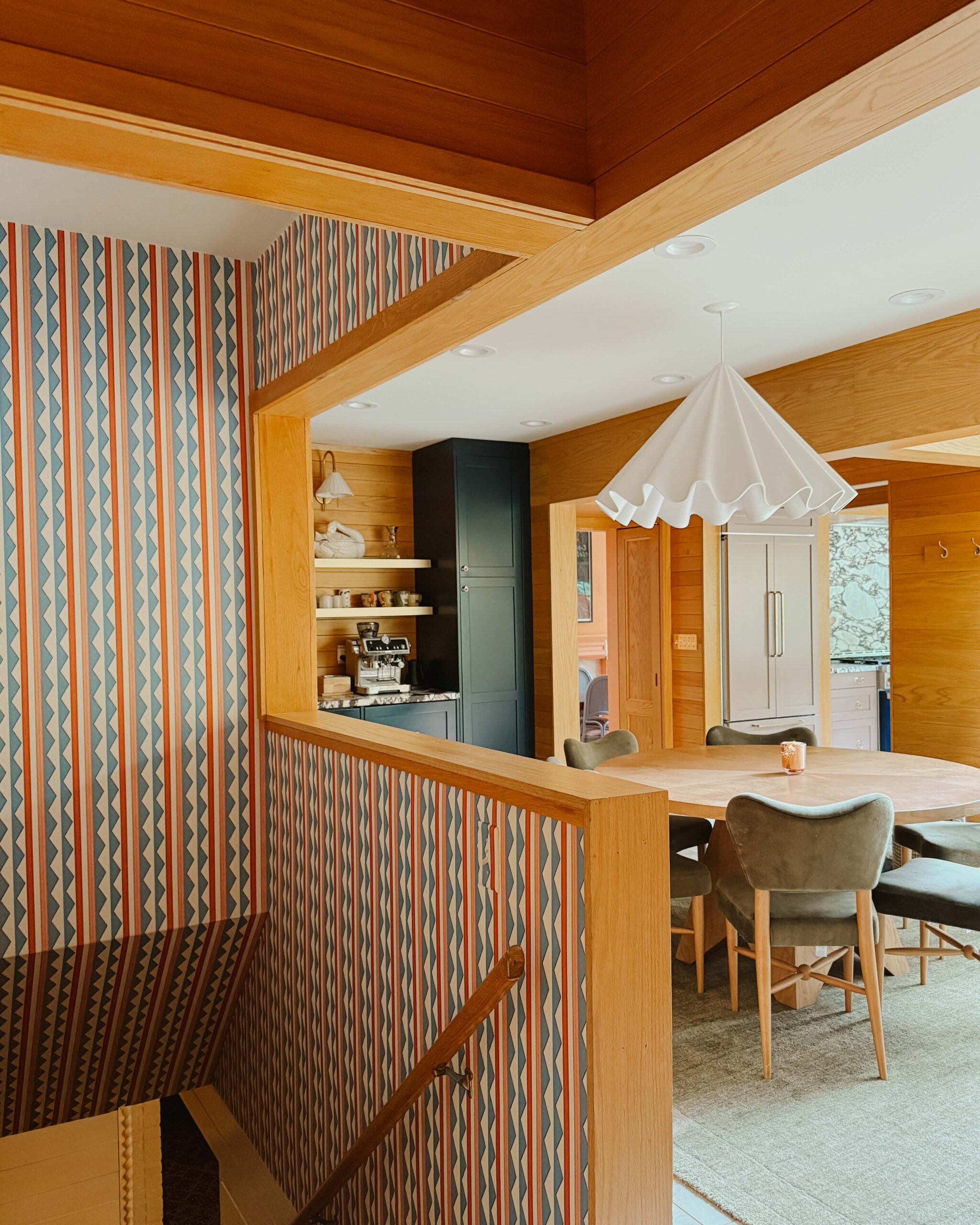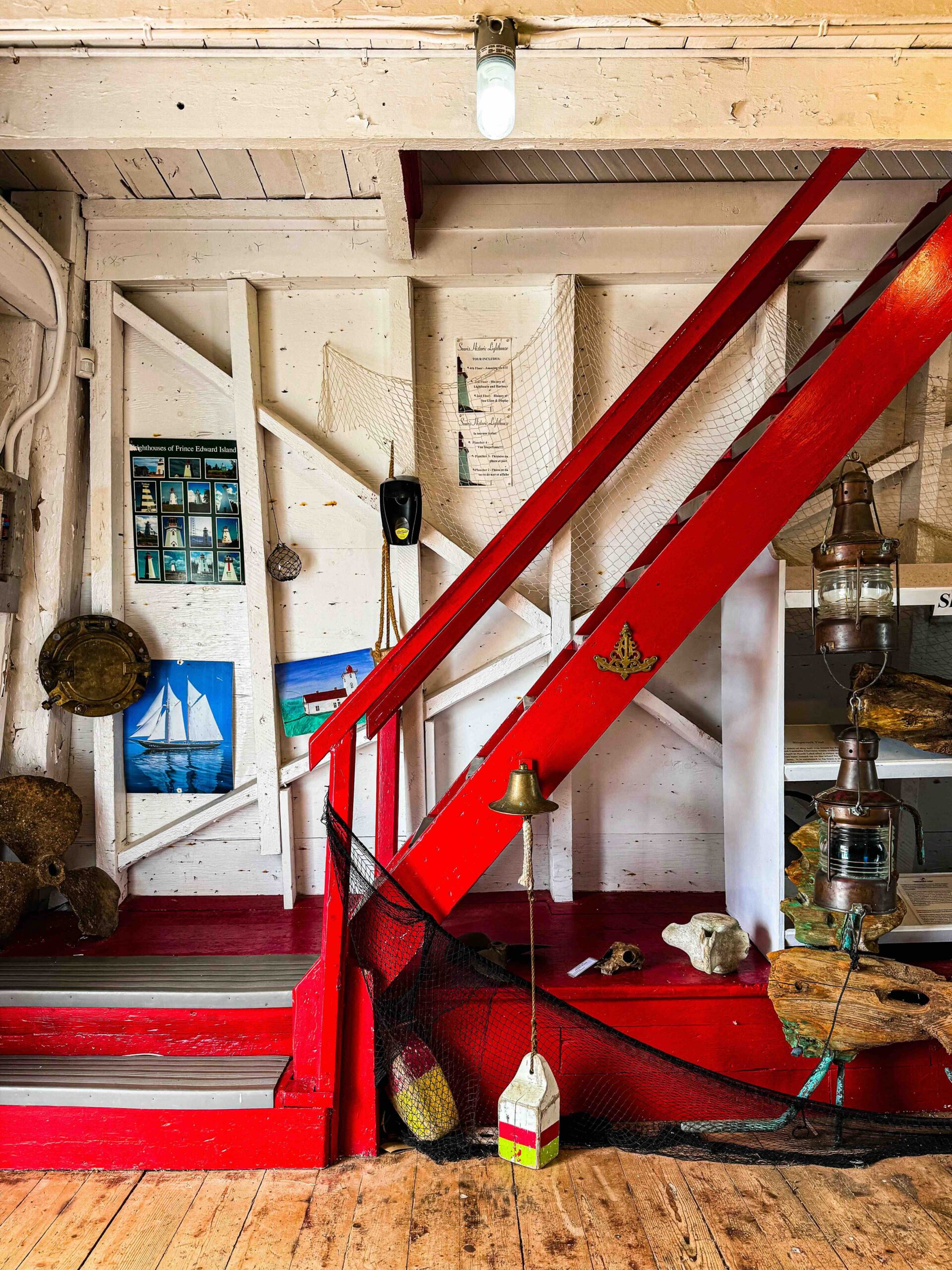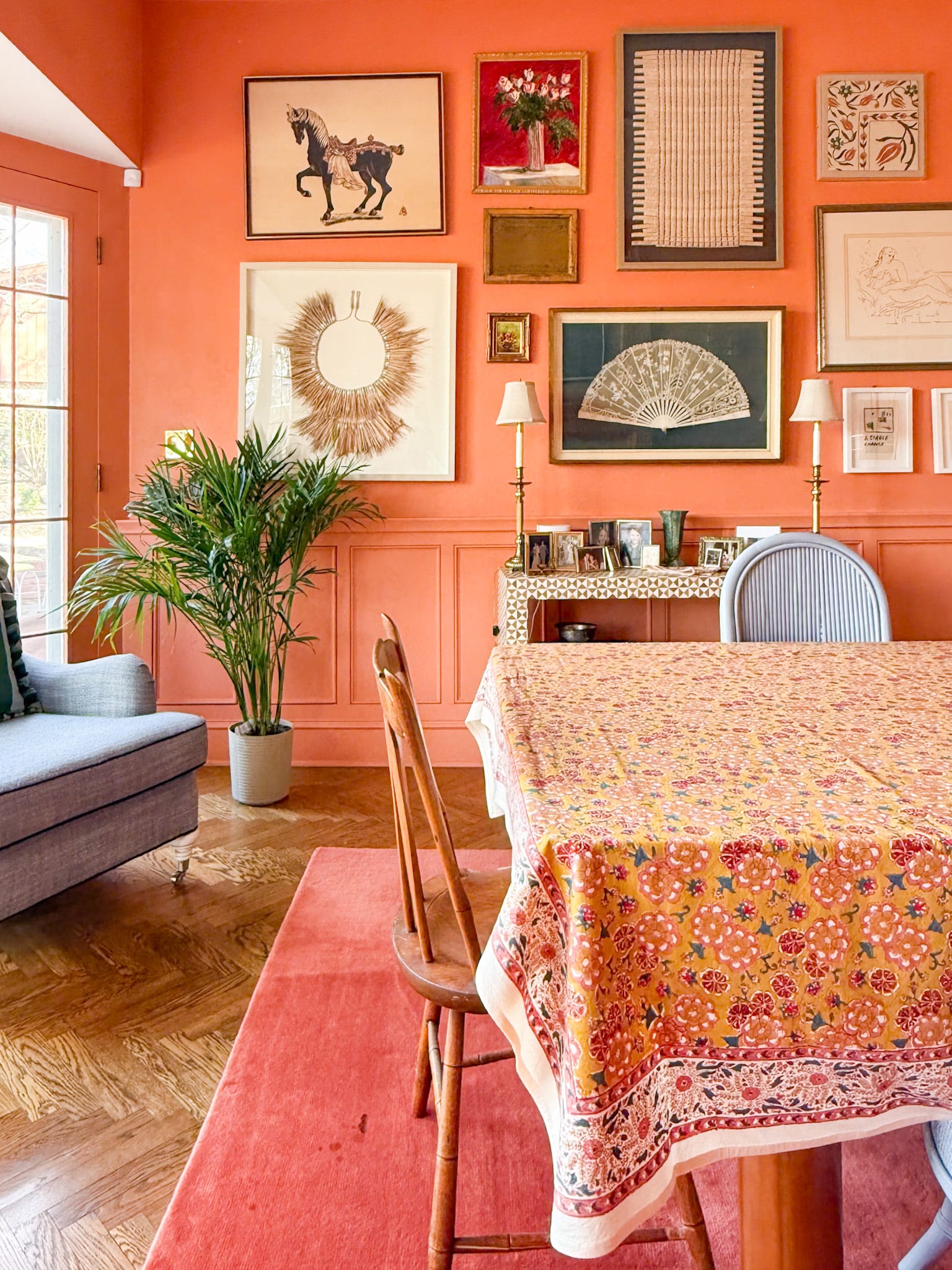

If you are working to become better, live healthier, or hoping to change a significant aspect of your life, then chances are you have some kind of set expectation for what your end goal looks like. Goals require focus and a plan for getting from point A to B, and often along the way we have to be our own cheerleader, borrowing phrases like “go big or go home” and “no pain, no gain” as a reminder to keep aiming high, whatever the cost.
In other words, you’ve set expectations for your future self and you have some kind of idea of what you want your life to look like.
But when is it a good idea to set high expectations for yourself? So many readers I speak with are resetting expectations for themselves after believing they could be anything they wanted in life, that they were somehow born with the raw talent that required them only to reach out and grab it. It is a privilege to hold such an idea in our minds as true. The idea that we are destined for greatness somehow led a lot of young, bright minds to set lofty goals without an understanding of how hard the road can be to meet these soaring expectations.
Many parents believe their children can be anything they want, but some just forgot to explain the difference between being everything and anything. Becoming someone great almost always requires more discomfort, sacrifice, and pain than our young minds really could comprehend. And now that we understand the cost for growing into the adult versions of ourselves that we always felt would be our destiny, some of us are wondering if it was really what we wanted in the first place.
Now that we understand the cost for growing into the adult versions of ourselves that we always felt would be our destiny, some of us are wondering if it was really what we wanted in the first place.
Today I thought we’d talk through a couple ways to reframe our relationships with these sorts of expectations, identifying where they are significantly at play in our ability to innovate and foster great purpose in life, and where they can be the thing that hold us back from growing into a space where our lives have meaning beyond money, power, prestige, or achievement.
Where High Expectations Make a Difference
As you age, the expectations that others have for you become less important and the expectations you have for yourself take their place. The question then becomes this: what exactly are your expectations? Are they tangible and real and measurable? Or does the pursuit of meeting them fill a void that aches to be filled, a need that must be met, or a sense that you don’t know who you are?
Research tells us that students show higher academic performance when teachers have high expectations for their students. Back in 2012, NPR ran a story that explained how the expectations of educators can alter the performance of their students. Harvard professor Robert Rosenthal gave 18 teachers a test that was meant to uncover which students would “bloom” later in their academic careers. The point of the test was to see if this knowledge would change the way the teachers engaged with these students and if the students (who had average IQ scores) would fare better than their counterparts who weren’t named “bloomers.” As yearly as a few months later, the “bloomers” scored significantly high on these IQ tests.
“It’s not magic, it’s not mental telepathy,” Rosenthal says. “It’s very likely these thousands of different ways of treating people in small ways every day.”
The power of believing in yourself is not to be dismissed. Those of us lucky enough to have had support systems that promoted positivity have benefited greatly solely from the belief that we could grow into our potential.
This study hits me in a particularly sensitive spot because so many people with unique brains or disabilities are rarely given the opportunity to show where they excel in traditional academic settings. With a different approach, their entire trajectory could be different. So often we get caught up in thinking about where our weaknesses hold us back instead of looking for new ways to achieve what we want in life despite our genetic lottery.
Hacking my own brain to remove the stigma around what I can and cannot do has been a huge endeavor for me this year. I’ve spent months trying to figure out how to change my relationship with expectations and get to know exactly what it is I’ve been wanting to achieve and move toward my whole life. So why was it that as soon as I got close to something I had worked so hard to achieve, I stopped short of making it a reality?
Despite being a driven person, I had low expectations for my ability to build the structure and accountability needed to make it as an entrepreneur. I believed I would fail. My expectations for what I wanted didn’t line up with what I thought I could do. I had to build the belief that I could find a way to make life and work more manageable. I had to lower expectations in areas of my life where I was overconfident to make room for the energy and focus to improve where my confidence lacked.
In order to make the most of high expectations, you have to know what matters to you. For me, what matters most today is keeping my brain balanced, sharp, and ready to take on big challenges. I had to make room for that pursuit by letting go of others.
In other words, it matters where you place these high expectations. It matters where you place your energy. In order to make the most of high expectations, you have to know what matters to you. For me, what matters most today is keeping my brain balanced, sharp, and ready to take on big challenges. I had to make room for that pursuit by letting go of others.
I see this thinking so much in my peers and younger kids coming out of school. To believe that you can be anything but not understanding how to build the roadmap can lead to whiplash, confusion, and burnout. To want to become someone without understanding that you have to choose where to place your passion and focus can lead to the same. Wanting everything is a one-way ticket to burnout and dissatisfaction.
High expectations can be dangerous when viewed as the only way to approach crafting the life we want. This quote from Psychology Today explains this conundrum well:
“Expecting life to always turn out the way you want is guaranteed to lead to disappointment because life will not always turn out the way you want it to. And when those unfulfilled expectations involve the failure of other people to behave the way you expect them to, the disappointment also involves resentment.
Why is it that we don’t get upset when a cup of coffee does not make itself, but we might get upset if someone else does not make us a cup of coffee? Where do we get the sense of power to think that merely expecting others to behave the way we want them to will make them behave that way? And what entitles us to get angry at other people when they fail to meet our expectations?”
The moral of this story is that accepting what is can be the first step towards looking at your future with hopeful and high expectations, without wrapping yourself up in your achievements as being self-defining.
If you are someone who is driven to build a life you want but feel exhausted and overwhelmed by the pressure that comes with it, there are only two ways to uncouple your worth with your desire to build something great: Be disappointed in life as it is today or learn to appreciate who you are and what you’ve earned yourself. Once you’ve come to love the life you have, the future is free from the need to fail or succeed, because your happiness isn’t intertwined with meeting your high expectations.
I believe anyone can choose to find greatness in their own life, and you’ll get there a lot faster if you hold space for a bit of compassion for yourself and a clear understanding of where you strengths and weaknesses manifest.
The joy comes from the pursuit of something great, not becoming great.


Kate is the founder of Wit & Delight. She is currently learning how to play tennis and is forever testing the boundaries of her creative muscle. Follow her on Instagram at @witanddelight_.
BY Kate Arends - May 30, 2019
Most-read posts:
Did you know W&D now has a resource library of Printable Art, Templates, Freebies, and more?
take me there
Get Our Best W&D Resources
for designing a life well-lived




Thank you for being here. For being open to enjoying life’s simple pleasures and looking inward to understand yourself, your neighbors, and your fellow humans! I’m looking forward to chatting with you.
Hi, I'm Kate. Welcome to my happy place.
















this post is useful for me, thank for your post